“The comics industry needs to rectify its historical abuses as best it can, no matter if a court makes them or not. It needs to do this right now. It needs to do it publicly. It needs to do it in a way that honors the creative process… And then, when this is done, it needs to make an unrelenting, industry-wide commitment to the notion that these matters have moral force and that exploitation is intolerable no matter what a legal construction allows. Because there are just as many horrible people out there right now who want creators’ movie rights or who come to the table offering little more than a small advance in order to put their name on someone else’s work, and just as many if not more apologists for same. In a way, it’s hard to blame them. After all, for 70 years, Superman said it was okay.”
Tom Spurgeon
http://www.comicsreporter.com/index.php/what_the_siegel_case_should_mean/


I wanted to give him a hundred Internet High-Fives after reading that piece. It’s a heck of a thing.
The thing that really frustrates me is that you’d think (and hope) that sentiments like this wouldn’t have to be so insightful. You’d hope that it would be obvious to anybody.
I don’t know. It -should- be obvious, but… while I feel like I’m stepping in front of the steamroller here… it seems to me that, here in the U.S. at any rate, arrangements where the profit from labor enriches business owners, rather than laborers, are the norm rather than an exception.
Comic book publishing certainly presents some scandalously egregious examples of this. Nonetheless, I can’t help wondering if some of the assumptions underpinning our interpretation of a capitalist economy are more to blame than the fact that “for 70 years, Superman said it was okay.”
I quite agree that it’s lamentable that the creators of Superman got the thin end of the wedge. I wonder, however, whether the laudable demands for reform might at least gesture towards a broader context.